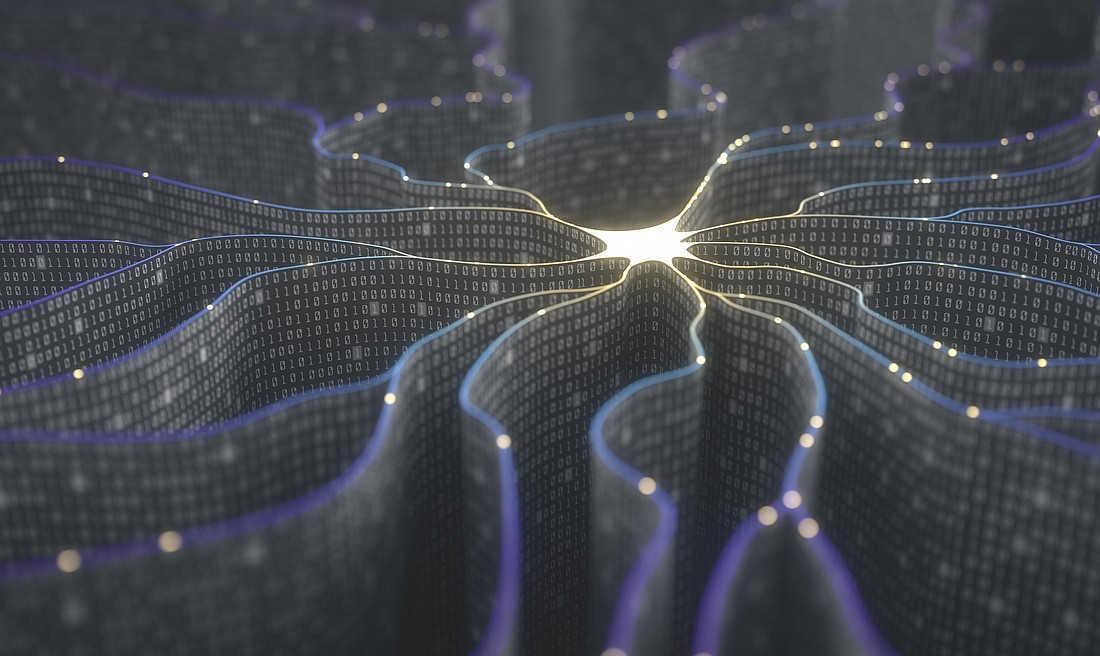- December 20, 2024
-
-
Loading

Loading

Using artificial intelligence in work has myriad legal implications and consequences. What those are, exactly, remains a work in progress given how new the technology is, according to a leading intellectual property attorney.
“It seems like the legal system has finally got its collective head around the internet generally and now (there’s) internet 2.0, the metaverse and AI," says Mark Nieds, chair of the intellectual property group at Fort Myers-based law firm Henderson Franklin Starnes & Holt. "Technology is outpacing the speed of legal adoption.”
But Nieds is already seeing the risks of AI get real.
Recently, an attorney in New York, for example, used AI to write a brief for an upcoming court case. But the AI’s brief cited nonexistent cases. Now that case is tackling a whole other slew of issues, Nieds says, including the rights of each party and malpractice exposure of the attorney. “It’s one of those situations where AI sounds like a good idea but really can backfire,” he adds.
The biggest legal issues around AI, Nieds says, are twofold: The output is not verified, and there’s potential copyright infringements. Other concerns, says Nieds, include:
“I’m not really worried about it in the Terminator sense, but more so advising clients to go slow,” Nieds says of AI’s presence. “Embrace it, learn about it and see if you can utilize it, but look at it closely before diving headfirst.”